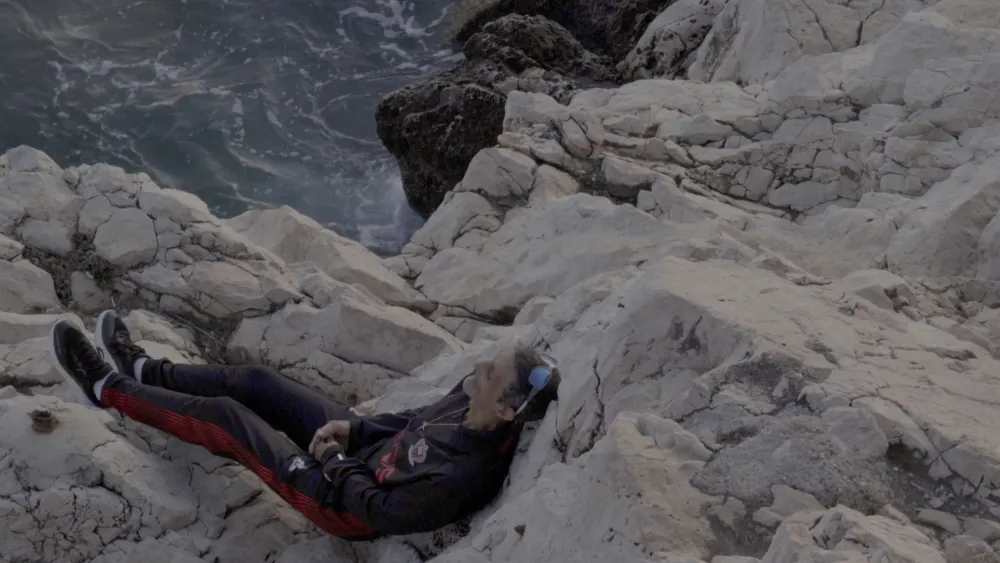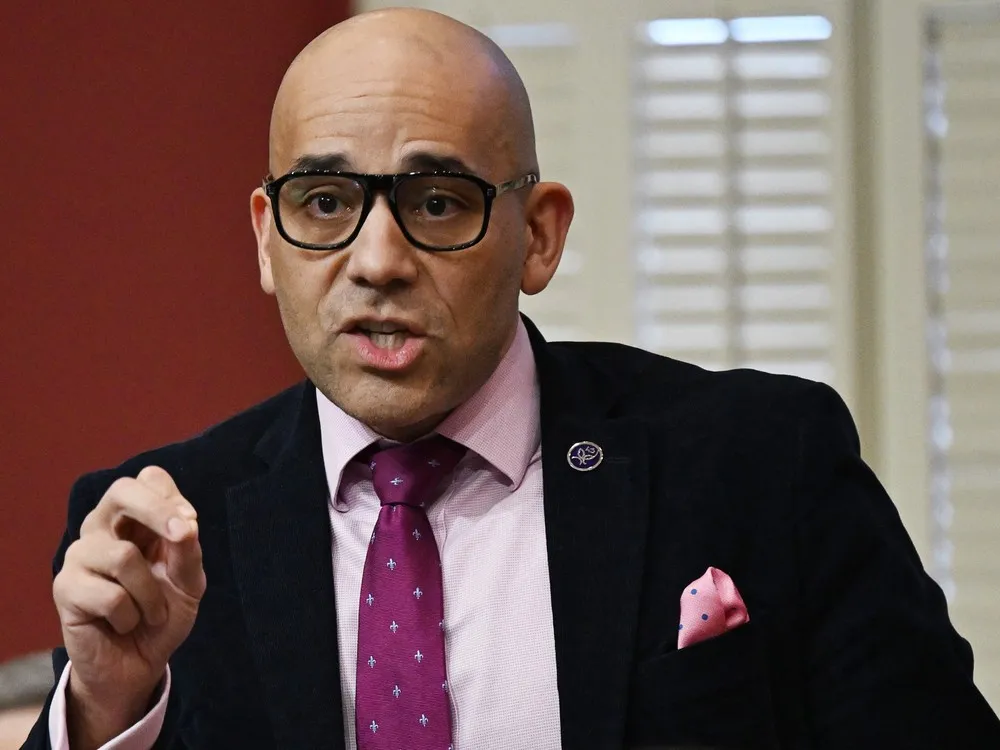Copyright Variety

Romanian filmmaker Andreea Cristina Borțun is prepping a feature film to follow on the heels of her anticipated debut, “A River’s Gaze,” a Sebastian Stan-produced drama that’s expected to land a top-shelf festival premiere next year. Borțun is pitching her latest project in the Crossroads Co-Production Forum of the Thessaloniki Film Festival’s industry arm, Agora, which takes place Nov. 2 – 6. “The Life and Times of Ion G.” follows the journey of a man from rural Romania who mysteriously appears one day in an isolated Roma village, searching for the family that abandoned him at birth. Instead he forges an unexpected connection with a strong-willed local woman who offers him a glimpse of the love he never had — and forces him to confront his own inability to open his heart to another soul. The film is billed as a “drama with a humorous touch” told from a perspective that is “both tender and comedic,” following the incredible ups and downs of its titular hero — a formerly homeless man who spent nearly three decades drifting on the margins of society in southern Europe, until an improbable twist of fate transformed his life overnight. Speaking to Variety in Thessaloniki, Borțun said “The Life and Times of Ion G.” explores what it means to love and be loved, examining how emotions are governed not just by personal experience, but by the social and political systems that form us. “How does one develop the ability to love, in the absence of any dynamics or models [that] can help shape it?” the director asked. As with her short films “Blue Spring,” which premiered at the Toronto Film Festival, and “When Night Meets Dawn,” which debuted in Cannes’ Directors’ Fortnight, “Life and Times” employs a filmmaking process that combines traditional scriptwriting with intensive field research. In each of her films, the director spends extended periods of time immersed in the communities that interest her, “trying to understand how they function and what stories of theirs could be told,” Borțun told Variety. At the heart of every project is a real person who serves as a model for her fictional character, “a sort of ‘living spirit’ that fills the paper-person with life.” “Life and Times” is based on the story of a man whom Borțun refers to as “Jojo.” Raised in rural Romania, he left the country at the age of 30 to pursue better prospects abroad — first in Italy, and then in the south of France, where he eventually spent five years leading a largely peaceful life on the streets of Nice. Jojo’s fortunes took an unexpected turn when a devastating 2021 storm swept across the Maritime Alps, the mountain range dividing France and Italy. After making a charitable donation to support the storm’s victims, he became an overnight media sensation — the “homeless migrant” whose generosity so touched the public that the mayor of Nice offered him a job as a street sweeper. Borțun learned of his improbable story several years later. By that point Jojo had a job, an apartment and legal status in France but was now far removed from the public eye. The duo struck up a correspondence on Facebook, with the director quickly warming to Jojo’s humor and charm, as well as his willingness to open up about his vulnerabilities. “He talked to me a lot during that first meeting that we had about loneliness, and the thing that he suffers from most — he calls it the worst illness a human being can have, that solitude,” said Borțun. “To be alone. To not have a partner. To not have a family. The thing he was craving for most of his life was to find somebody that he could be with — a person that he could share his life with.” Since Jojo never had a chance to meet his biological parents, Borțun wondered how the lack of a loving family environment in his childhood might have affected “how his image of love [was] constructed” as an adult. Though he was searching for love, the director asked herself: “What does love mean to him?” Channeling the work of the German social psychologist and philosopher Erich Fromm, Borțun said she “was interested in how we can transcend this vague sense of what love is, which is for most people a feeling. How can we look at it as a complex process, and as something which is — as Fromm calls it — an art?” she said. The film explores “the relations between emotions and politics,” and the ways in which Jojo’s inability to express — or perhaps even feel — love as others know it was invariably connected to his lived experience: first, as an orphan in communist Romania, and later as a homeless person largely invisible to both society and the state. “He was deprived of a family. He was deprived of a love environment. You know that him being deprived is inevitably connected to a system,” she said. “How can a system influence the way we feel, and specifically the way one loves?” “The Life and Times of Ion G.” explores such questions through the relationship between the protagonist and Geta, the love interest who follows him from rural Romania to Nice. Utilizing a style that Borțun describes as “transcendental realism,” it incorporates genre elements of romance, dark comedy and Western films to look with “humanity and playfulness at the destinies of the people inhabiting [its] world.” The film will be the second installment of a planned trilogy about rural Romania that includes “A River’s Gaze” and a third feature, “Egalité.” Borțun, who has already co-directed a short hybrid documentary about Jojo with the filmmaker Philip Cartelli, said she hopes to begin principal photography on “Life and Times” in the autumn of 2026. The film is produced by Gabi Suciu of Bucharest-based Atelier de Film. The Thessaloniki Film Festival runs Oct. 30 – Nov. 9.



